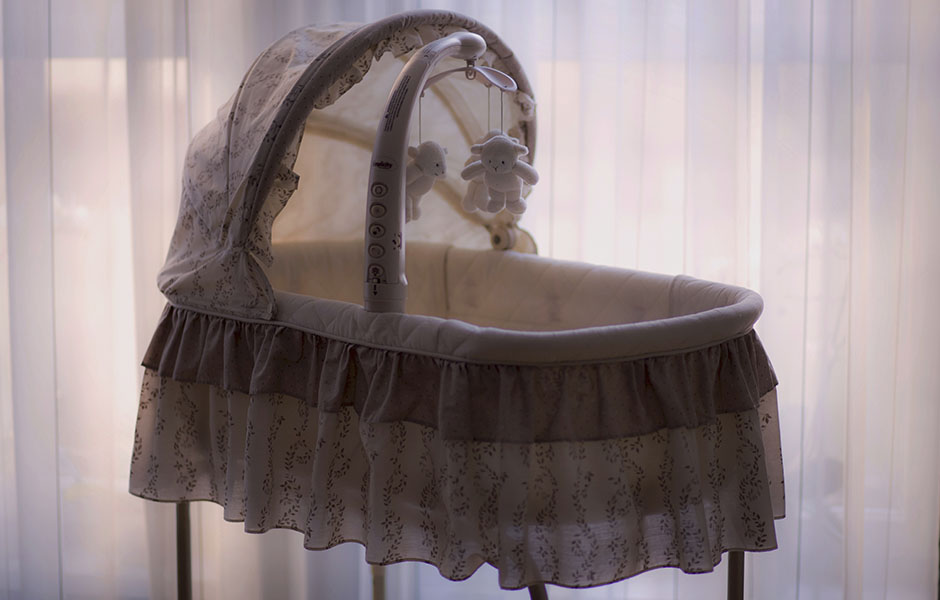“The surrogate mother should be the only person authorized to decide a possible abortion, or to change her mind and not renounce the child.” That is the conviction of Miguel Ricou, a CINTESIS researcher. The article “Surrogacy: challenges and ambiguities” was published in “The New Bioethics” journal, in the heat of the discussion about the changes to the bill to legalize surrogacy, popularly known in Portugal as “barriga de aluguer” (womb-for-rent). The 25/2016 Bill, of August 22, will have to be changed following the declaration of the unconstitutional character of some of its norms.
One of the changes imposed by the Constitutional Court in 2018 refers to allowing the surrogate mother to revoke her consent even after the child’s birth, instead of the current proposal which only allows to revoke consent up until the beginning of medically assisted procreation. In the proposal, presented by the Bloco de Esquerda and sent to the Health Commission, this annulment can happen up until the moment of registering the birth.
In this article, Miguel Ricou agrees that “no woman should be obliged to continue with a pregnancy or to terminate it” and that the beneficiary couple “cannot have the power to force her to maintain pregnancy or to force her to have an abortion”. In addition, the professor of the Faculty of Medicine of the University of Porto (FMUP) understands that there is a “primacy of the surrogate mother’s autonomy”, which in practice means that she can decide what information she wants to receive and share about her pregnancy. ”
This could be the case if, for example, there is a strong probability of a baby to suffer an incurable disease or malformation, and the beneficiary couple wants to terminate the pregnancy, but the surrogate mother does not accept the decision.
In order to reduce the risk of divergences, the researcher of the ManEthics group, from CINTESIS, proposes the creation of a multidisciplinary team, where a psychologist, who works simultaneously with the surrogate mother and the beneficiary couple, must be present. “Psychological counseling must play an important role in helping the decision-makers. This should help to prevent the process from continuing if there is a conviction that problems may arise in the future”.
The researcher and psychologist also agrees with the hypothesis of “parental veto” by the health professional who is following the process. As explained in the published study, “If the doctor reasonably believes that the couple is not able to provide a safe environment for the future child, it should have the legal right to withhold the couple’s access to the surrogacy. Hence the importance of the multidisciplinary team”.
According to the proposal that will be discussed in the Health Commission, the surrogate mother should be entitled to psychological counseling before and after delivery, as well as her family, if that is the case.
The debate remains open as to whether altruistic surrogacy should be extended to persons who are single and to same-sex couples. According to the literature review in this study, the results for all those involved, namely with regard to the child and the surrogate mother, are as positive in these cases as they are with heterosexual couples, and there is no reason for same-sex couples to be “discriminated” in the access to surrogacy.
The study, also authored by Ana Rita Igreja, from the Faculty of Medicine of the University of Porto, focused on other controversial issues such as non-compensation. The law dating from 2016 indicates that surrogacy is possible only in cases of absolute or definitive impossibility of pregnancy or in clinical situations that justify it, through the use of gametes of at least one of the beneficiaries, and the surrogate cannot be the donor of the oocyte used in the procedure in which she is a participant.

